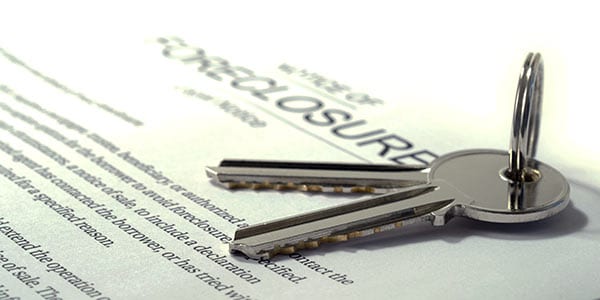A great way to get the home of your dreams is buying your property at auction. If you’re lucky, you may even score a great price for it. However, if you’re not experienced in buying a house at an auction, this may turn into a roller coaster ride of hell that you’ll just wish you never got on in the first place. This is where some handy tips for buying your property at auction come into place. If you do it without any experience backing you, not only do you risk losing a lot of money, but you may also have to deal with the fact that the house you had your eyes on may not be within your budget.
On the other hand, if you feel like investing in a home using an auction, you may want to arm yourself with some auctioning tips. Since the competition in Australia’s real estate is pretty hard, you won’t stand a chance if you don’t suit up, stand tall and do your research.
Here are some tips for buying your property at auction
Don’t bid before visiting the auction
Auctions aren’t always 100% sure and the ones holding the bidding will try as much as possible to make you see only what is nice and great about the house – while conveniently glossing over the negative sides.
So before bidding all confidently on an auction, make sure that you are completely aware of what you are trying to buy. Getting a home is as important as it is expensive, so you may want to find out all there is to know about the auction before placing your bid.

Make sure you are prepared when buying your property at auction
Imagine finding the home of your dreams, bidding on the home and then realising you can’t actually buy the property. Heartbreaking. Don’t let this happen to you. Before you start attending auctions, make sure you have been pre-approved for a home loan. This immediately puts you in a better position, as you are more aware of your spending capabilities. At the same time, you want to make the process as seamless as possible.
Set your budget
Regardless of whether you have been pre-approved or not, you must ensure that you have set a budget. If you don’t want to go into personal financial bankruptcy, you may want to set a budget before confidently throwing your money at an auction. It would be very awkward if you realised at some point that you can’t afford to pay the bid. Therefore, establish the amount of money that you can borrow from the bank – or the sum of money that you already have in your possession.
Arrive early
When buying property, make sure you get to the auction nice and early. This will give you more time to assess the property. Look at the landscape, observe the competition(are they looking at the contract) and give yourself some time to calmly gather your thoughts.
Bid low and slow
Whilst there are many bidding strategies involved in buying a property, we would recommend that you start low and slow. Whilst a big bid can get things moving quickly, it may actually backfire in the long run. Big bids are uncontrollable. If the market is strong, those bids will come about anyway. If you start bidding earlier on, and slower you are in more control of the situation. The first minute or so of bidding is typically the most nerve-racking. As such, keep the auction going to settle nerves.
Research the market

Before you attend an auction, make sure you are aware of the median house price in the location. Familiarise yourself with what has been sold in the area. Look at the size of the house, what’s nearby and how it will fit within your lifestyle. There are many apps and websites such as realestate.com.au which have a whole database of information available at your disposal. Utilizing this information will put you in a better state to make a more informed bid.
Keep to yourself
When attending an auction, don’t spell your entire financial situation to a real estate agent. Keep information such as budget or willingness to pay to yourself.
Get professional help
You know the saying, “better safe than sorry.” A buyers agent can help you deal with the stress and jargon of purchasing a property. Of course, this may be costly, but it will potentially bag you the house of your dreams. Buying agents can bid on your behalf or assist you in understanding the auction process.
Stand confident
When you go to a job interview, you know that you need to dress properly in order to impress and act like you know exactly what you are doing – even though you may not. Well, if we were to take into consideration the top tips for buying a property at auctions, this also applies to a bid for a house. If you look confident and knowledgeable as you bid, this can actually work in your favour. Don’t be afraid to call out your bids loudly and with an ease of confidence. This will dictate that you are serious and not willing to back down.
This is how you can safely land the house of your dreams. Do you have any other tips for buying your property at auction? We’d like to hear your thoughts. Or if you want specific advice on borrowing money before you go on an auction, gat in touch.
























